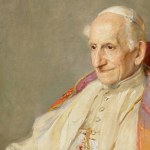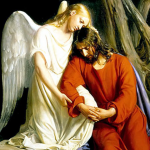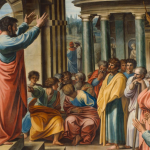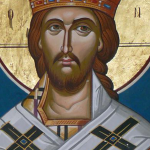
Dr. Aaron Henderson is a Faculty Tutor for the Alcuin Institute for Catholic Culture.
Liberalism and Its Discontents
We are by nature social or political animals. We find our full flourishing as human beings not in isolation but in communion with other persons. And so Christ’s injunction not…
Time Well Wasted
There is arguably a connection between growing levels of stress and anxiety, especially among young people, and a culture of hyperactivity. There is a tendency to think that a person…
Make a Resolution to Love
As the new year begins and many of us make resolutions, some concrete and realistic, others perhaps less so, the words of Jesus may be especially discouraging: “You therefore must…
Humans are Religious Animals
When thinking about religion and about our experience thereof, we might contemplate most readily the feelings we have when we pray, or the love we have for God, or perhaps…
Being Conformed to Christ’s Priesthood
No discussion of the sacraments of the New Law can be complete without a consideration of sacramental character. Three sacraments (Baptism, Confirmation, and Holy Orders) bestow sacramental characters, but what…






